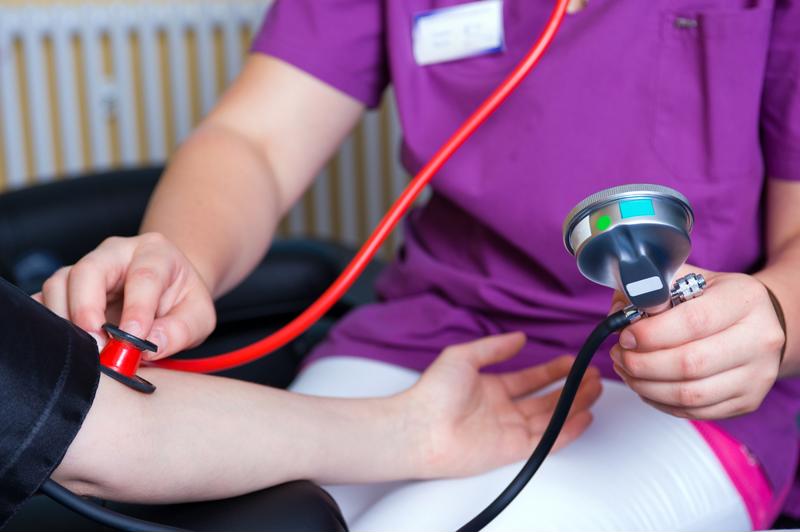If you are pregnant, you have likely seen a doctor who explained helpful ways to stay healthy and promote the health of your unborn child. One of the medical conditions you may learn about in coming appointments is called preeclampsia. Read on to gain information about the condition and risks that you may have:
What is preeclampsia?
According to the Mayo Clinic, preeclampsia is a complication where a pregnant woman has high blood pressure that damages organs such as the kidneys. Preeclampsia often occurs after 20 weeks of gestation and can happen even in women who have had normal blood pressure for the duration of their pregnancy. Even a small rise in blood pressure could be a sign that a soon-to-be mom has the condition.
Symptoms of the condition include frequent urination, blurred vision, severe headaches, fatigue, nausea or vomiting, shortness of breath and bruising easily. Because these issues are also commonly associated with a healthy pregnancy, it is important to see your obstetrician every few weeks so he or she can monitor for any irregularities.
Preeclampsia is diagnosed if a woman has one or more of these issues after week 20 of her pregnancy: kidney issues, visual disturbances, protein in the urine, fluid in the lungs, new-onset headaches, impaired liver function or a low platelet count. Women who have the condition typically discover they have preeclampsia during a routine pregnancy doctor’s appointment. Urine analysis, fetal ultrasounds, blood tests or biophysical profiles may be required to ascertain if you have the condition.
Having preeclampsia may lead to other complications, like HELLP syndrome, lack of blood flow to the placenta, cardiovascular disease, eclampsia or placental abruption. Women with preeclampsia may require altered diets, better hydration, extra prenatal checkups and high blood pressure medication.
 Chronic high blood pressure can lead to a higher risk of preeclampsia.
Chronic high blood pressure can lead to a higher risk of preeclampsia.What are potential risk factors?Â
The highest chances of having preeclampsia are during a first pregnancy. Women who have had the condition before, are obese or are having multiple babies during one pregnancy also have an elevated risk of developing preeclampsia. If a woman had a child with one man and is now having a baby with a different man, that can also increase the chances of having the condition. Moms who have babies over 10 years apart or without waiting at least two years after giving birth may also increase their chances of preeclampsia. If you have a history of lupus, blood clots, chronic high blood pressure, diabetes or kidney disease, you also have a greater risk.
What should I do to prevent preeclampsia?
The American Pregnancy Association noted that between five and eight percent of pregnancies are affected by preeclampsia. There is no way to prevent preeclampsia. The best way to be as healthy as possible is to speak with your physician about overall pregnancy health like getting adequate rest, eating well, exercising and staying hydrated.
